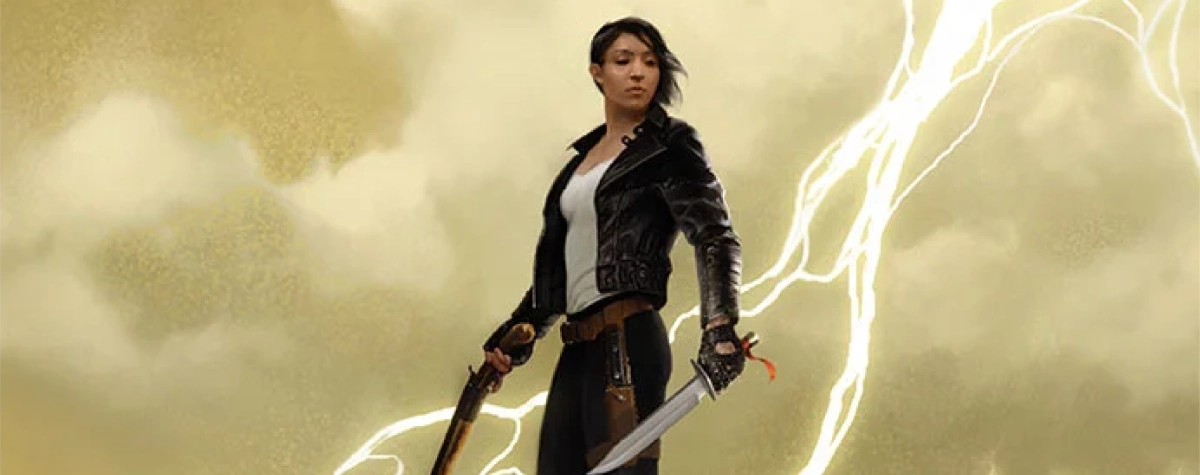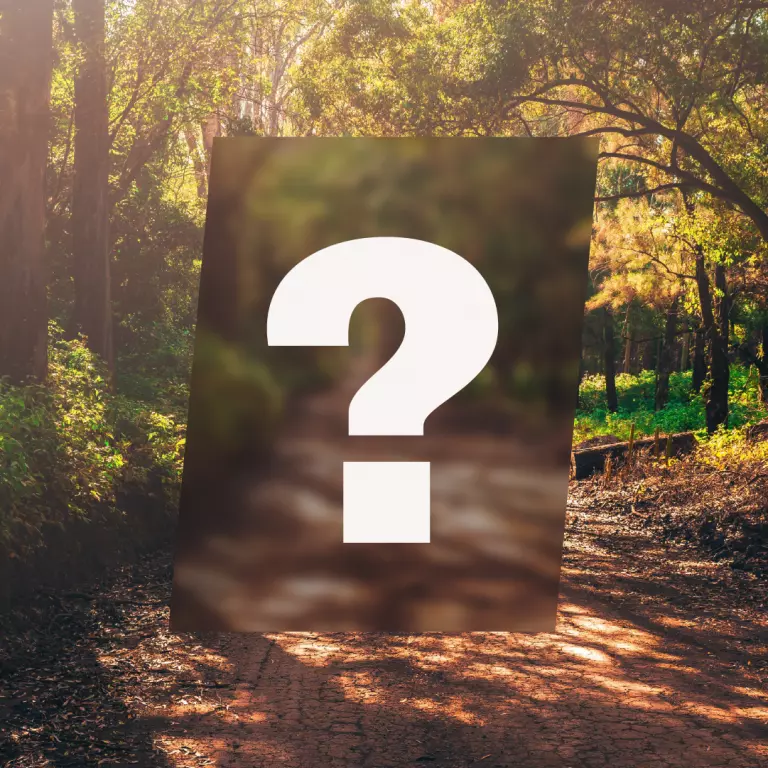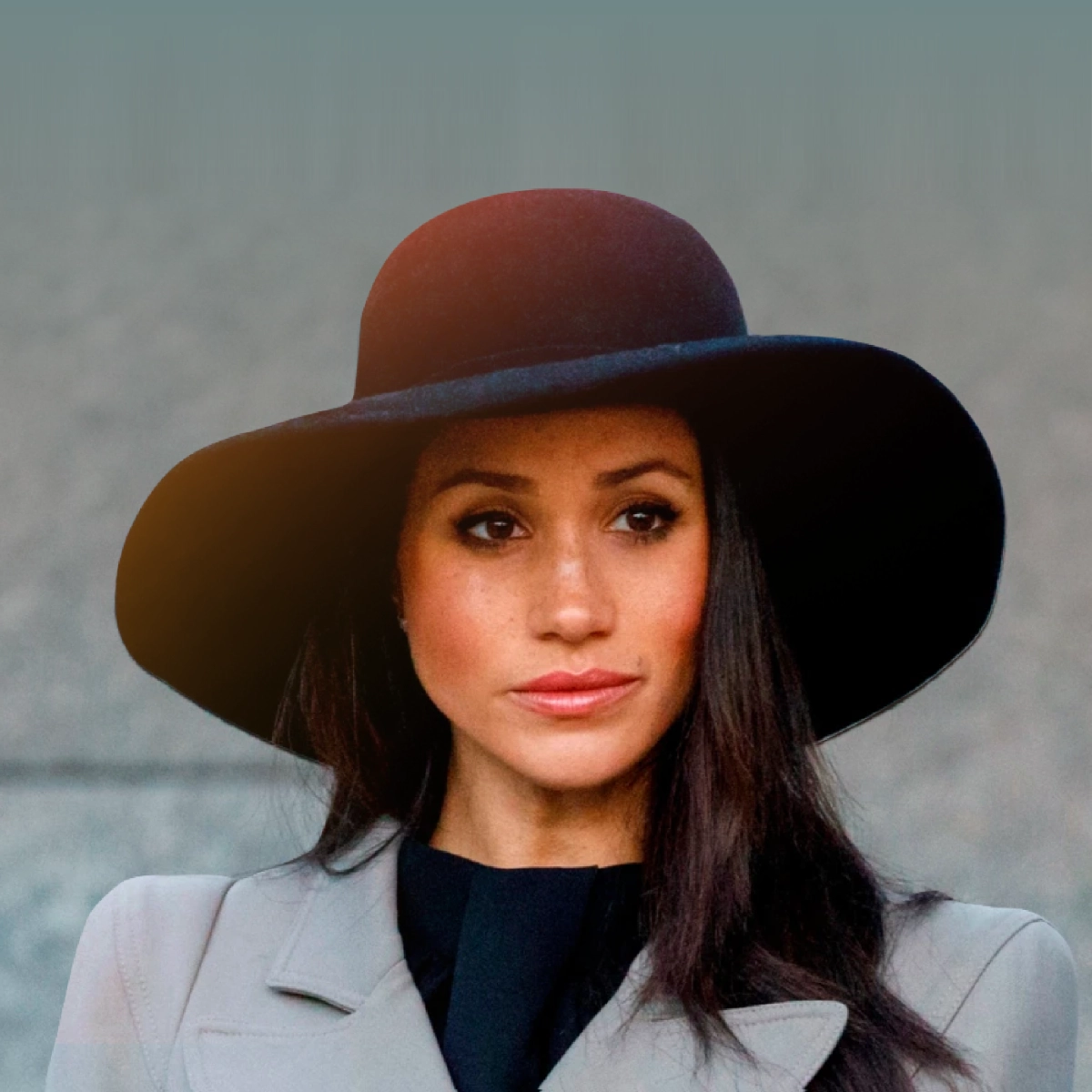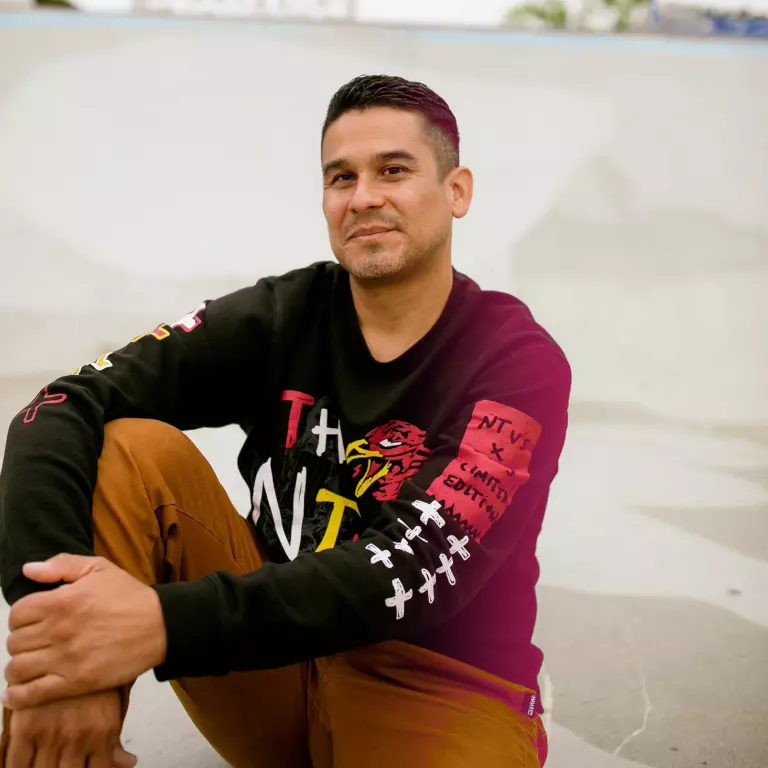Gatekeeping Indigenous Roots
Rebecca Roanhorse is an accomplished science fiction and fantasy writer. While her body of work is celebrated, Roanhorse has been the target of criticism in recent years, putting her Indigenous identity into question. She has been accused of being a “pretendian” by claiming that has fabricated her Indigenous identity for personal gain. Other criticisms include her use of violence, something never encouraged by Indigenous culture but have been its perpetuated portrayal in media.
For Roanhorse, her identity journey continues. Multiple native people have brought her indigeneity into question in recent times. At what cost does our identity journey come? It’s important to have conversations about authentic representation in literature. At the same time, it’s also crucial to approach these discussions with nuance, empathy, and a willingness to learn from the author’s self-discovery.

Who is Rebecca Roanhorse?
Rebecca Roanhorse is an award-winning writer, editor, and lawyer. She was born to an African-American father and an Ohkay Owingeh mother. Adopted as a child into a white family, Rebecca would reconnect with her biological mother in her 20s where she learned about her indigenous identity. This was a pivotal moment in her life that allowed her to begin reconnecting with her roots.
Roanhorse’s background and experiences have informed her writing, which often explores themes of identity, cultural conflict, and the supernatural. She has written several novels, including The Sixth World series, which includes the Hugo and Nebula award-winning Trail of Lightning. Her award-winning short story “Welcome to Your Authentic Indian Experience” is told in the second person, enabling the first-hand experience of a role-playing game that is a Vision Quest. Told with irony, the story unfolds what mixed experience feels like: discovering who you really are versus who the world assumes you to be.
As a science fiction writer, many of her novels take place in a post-apocalyptic world caused by climate destruction. Set in a place she’s named Dinétah, her stories are tales of female heroism or what she describes on the Marvel’s Voices podcast, “badass women taking control–sometimes a little bit vulnerable but being in charge.” As a New York Times bestseller to Hugo and Nebula awards, Roanhorse’s work has helped to shift the conversation about Indigenous representation in literature and has widened the platform for Indigenous voices to be heard.
What Are the Accusations Against Her?
Roanhorse’s success and use of traditional Dine stories have unfortunately also made her the target of criticism from some who have accused her of being a “pretendian.” Navajo writer Jacqueline Keeler has called her the “Elizbeth Warren of the sci-fi set,” sharing a long list of suspicions against Roanhorse’s Indigenous identity.
Keeler’s main accusation is that Roanhorse has exaggerated her heritage in order to take up space in the publishing industry. Her main concerns are for the credibility of true Indigenous writers who’ve worked their whole lives to maintain the diaspora without any acclaim—at least not as big as Roanhorse’s.
Keeler’s argument is that when the sanctity of oral history, which Indigenous tribes maintain for historical accuracy, is compromised, it can undermine the sacredness of their core values. One of these values is choosing peace over violence. Although violence is a common theme in Roanhorse’s stories, it is mainly used for the sake of the narrative and to bring the lessons to fruition through techniques like juxtaposition and hyperbole. We can see this in the novel Trail of Light, which depicts a dystopian future where witchcraft and combat are the only choices left for survival.
Regarding the theme of violence in storytelling, another critic is Dr. Jennifer Denetdale, a citizen of the Navajo Nation and one the first among her people to earn a PhD. in history. She shares how Roanhorse takes her ancestral teachings and “appropriates them violently.” She also states that “the way she does it is such a desecration.” As an Indigenous scholar, Denetdale emphasizes a universal code that resistance to colonialism should not come at the expense of harm but at the strength of kinship.
Gatekeeping & Mixed Experiences With Authenticity
What critics like Keeler and Denetdale leave out when factoring Roanhorse’s identity, is the collective journey of mixed experiences. Their accusations overlook the complexities of genealogical history and the fact that many Indigenous and mixed individuals, including Roanhorse herself, have limited access to their family history or native culture. The process of self-discovery involves figuring out what to do with the scattered pieces of one’s identity. Untraceable details of one’s past are the kernel of a long identity journey. The criticism from others of not being “enough” of their culture is one of the many bumps along the way.
Roanhorse has spoken candidly about her experience of not being “enough” of her heritage(s). Many of the heroines in her stories are based on women in her life and the personal adversity they’ve faced living on a reservation. “It’s the panel of full human emotion that we don’t often get to see in Native characters,” Roanhorse explained on Marvel’s Voices, “We’re often so limited in the cultural imagination.” Critics criticize Roanhorse’s use of cultural appropriation and inauthentic representation of Indigenous culture. However, they often fail to recognize the relatability in her exploration of identity.
The broader context of cultural appropriation and Indigenous Representation in Literature
Historians, such as Denetdale, have a valid concern for the accuracy and cultural value of their oral history. When fiction is told through an Indigenous cultural lens, the use of metaphors can potentially distort the sacredness of oral history. Although the intention may be to unite and empower, the impact could have an ominous unraveling effect on future generations.
The representation of Indigenous peoples in literature has often been used to support colonialism and the suppression of Indigenous cultures and languages. For centuries, non-Native authors have written about Native cultures without proper understanding or respect, perpetuating harmful stereotypes and inaccuracies. These inaccuracies include the notion of always having a spirit animal, being on a vision quest, and the narrowed-down image of Disney’s Pocahontas.
Indigenous representation in literature is crucial to the preservation of culture. But with some friction and a wider understanding of metaphor–one provided by Roanhorse–the platform for Indigenous voices can be used to challenge stereotypes in today’s world. Accusations of being a “pretendian” or a fake Native American only delay the understanding or collaboration between different communities.
While Roanhorse’s writing drifts slightly from the rigid accuracy that’s demanded, her work features a non-colonial narrative. It’s a blending of elements of science fiction with African mythology to create a fresh and thought-provoking perspective. This approach has helped to make her work accessible to readers who rarely hear from marginalized voices, and her success is part of a broader trend of emerging Indigenous writers making their mark in the literary world.
We can all agree that Rebecca Roanhorse is not an Indigenous historian, but rather a human being who is just as vulnerable as the rest of us. As mixed individuals, we did not choose our circumstances, but we must use the resources available to us to start our journey. By embracing Roanhorse and her storytelling, we can heal and be empowered through the adventurous lens of science fiction.





